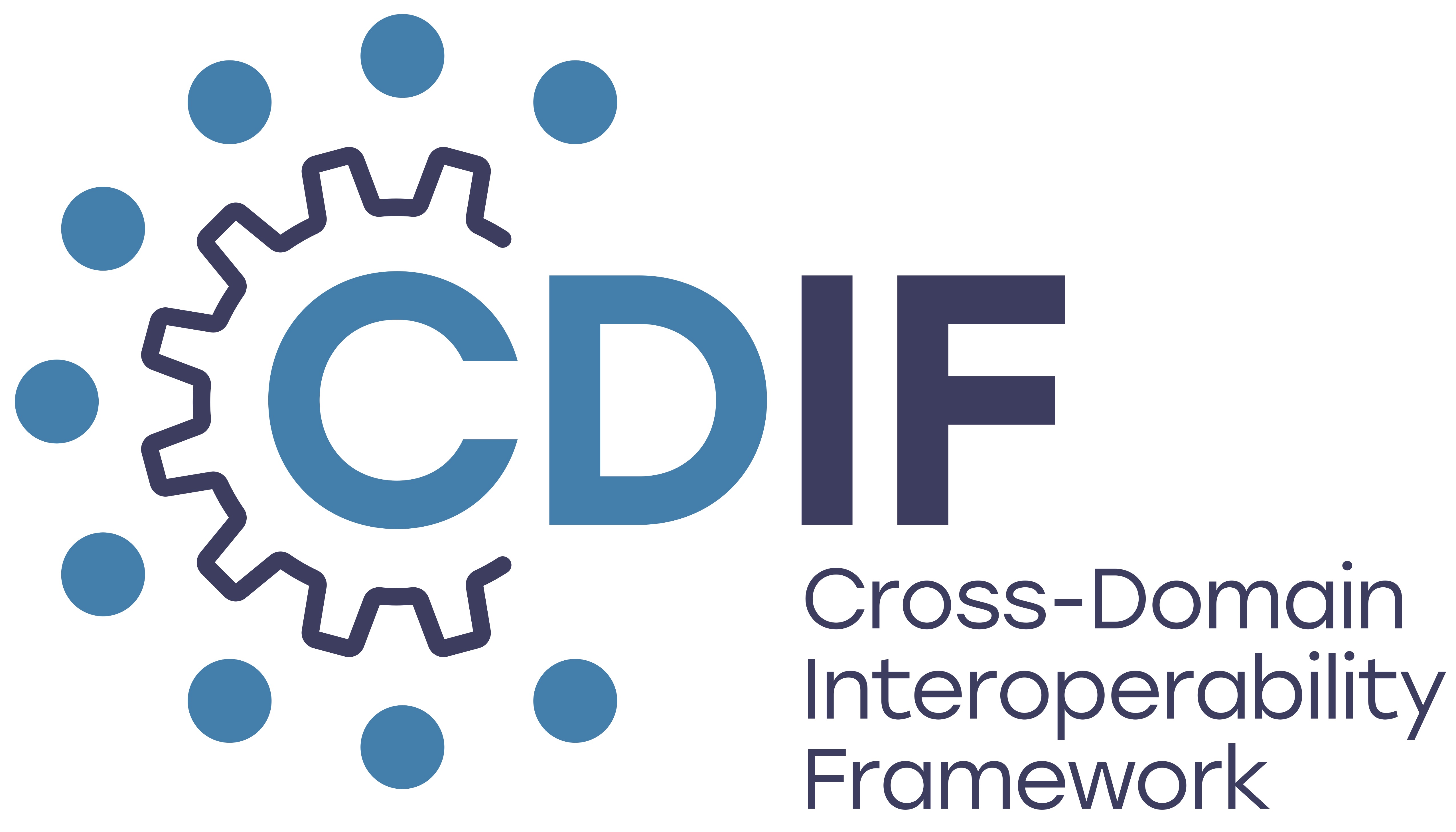Aggregate Access conditions - Parties and Actions#
A data user wants to query the CESSDA catalogue to find assets useful to address specific data reuse requirements. The metadata associated with discovered resources should provide a machine-actionable specification of access requirements.
The CESSDA Catalogue is an aggregated social science data catalogue populated with metadata from 19 European Service Providers (SPs). These SPs provide discovery metadata in either DDI Codebook or DDI Lifecycle with consistency assured by the use of DDI Profiles. In this catalog metadata relating to access is framed in free text in an XML element, e.g., dcterms:accessRights or ddi:accessRights. This free text does not supply a data consumer with specific, structured information about how they should access data and under what conditions. The practical consequence of this is that a researcher will commonly be directed to another Service Provider’s catalogue, and might then find that the dataset of interest requires a formal application process, or might not even be available to them as a citizen of another country.
There is currently no filter on the CESSDA Catalogue for ‘access conditions’ because of the heterogeneity of access descriptions that are supplied by multiple SPs. One possible approach is to overlay this heterogeneity with two top-level labels ‘Open’, and ‘Restricted’ cf. CESSDA Data Access Policy to organise the unstructured prose items into two groups where the border between ‘Open’ and ‘Restricted’ is fuzzy. Another possible access scenario for CESSDA repositories involves making datasets available on the basis of a researcher’s country location before the researcher is permitted to download the data. Again, the CESSDA catalogue metadata schema does not provide a way to specify location-based restrictions on access. The user must drill down into the metadasta and read the licence/rights/access prose for each individual dataset.
Conventions for ODRL policies to express the above access conditions could support more granular groupings of datasets based on their common access features. Re-usable ODRL policies could be deployed across multiple repositories enabling a metadata harvester to aggregate content about access and make access conditions transparent for users searching the catalogue.
At a minimum, this would require referencing a number of standard items such as ODRL ‘Parties’ or ODRL ‘Actions’ by URI.
Formalising access descriptions with a common set of semantics and syntax such as ODRL would enable a discovery metadata aggregator, such as the CESSDA Catalogue, to aggregate content about access, making access conditions more transparent at the point of aggregation.
